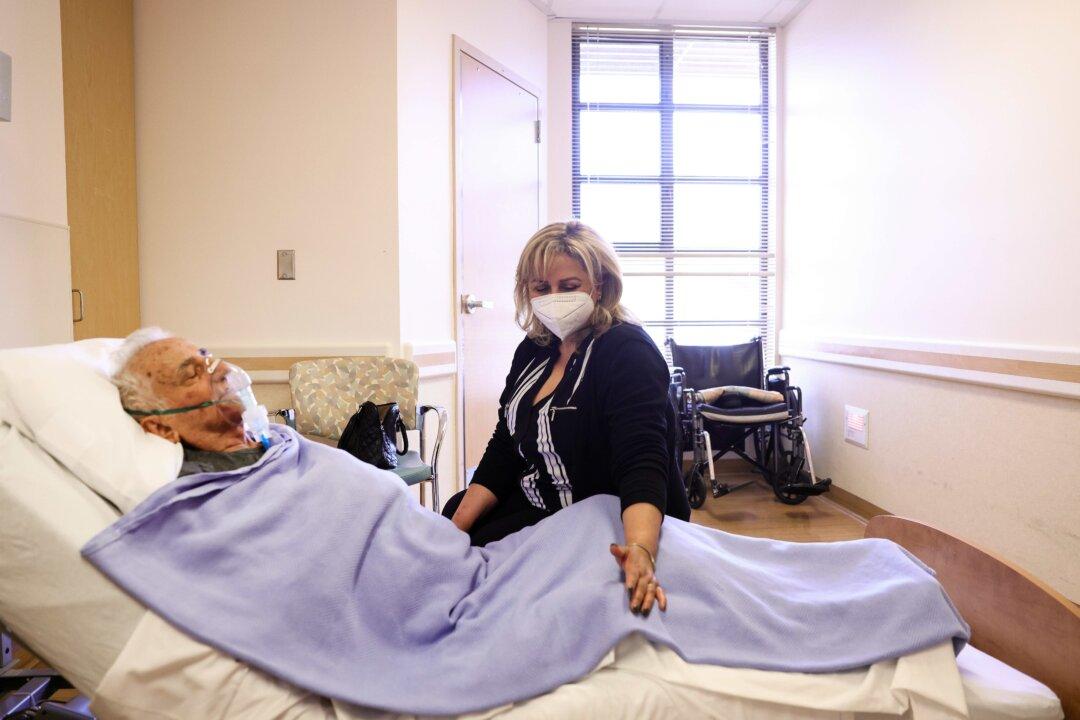The Biden administration has recommended new staffing standard rules that would require many nursing homes to boost the number of nurses—a proposal coming at a time when the sector is said to be facing a “workforce crisis.”
The staffing rules, proposed by the Centers for Medicare & Medicaid Services (CMS), seek to ensure that nursing home owners cannot “slash staffing to unsafe levels,” according to a White House Fact Sheet. “If finalized, the proposal would require every facility to have a Registered Nurse on site 24/7, to have a certain minimum number of registered nurses and nurse aides to help provide routine care, and to staff according to resident needs based on a robust assessment of the facility’s residents.”





